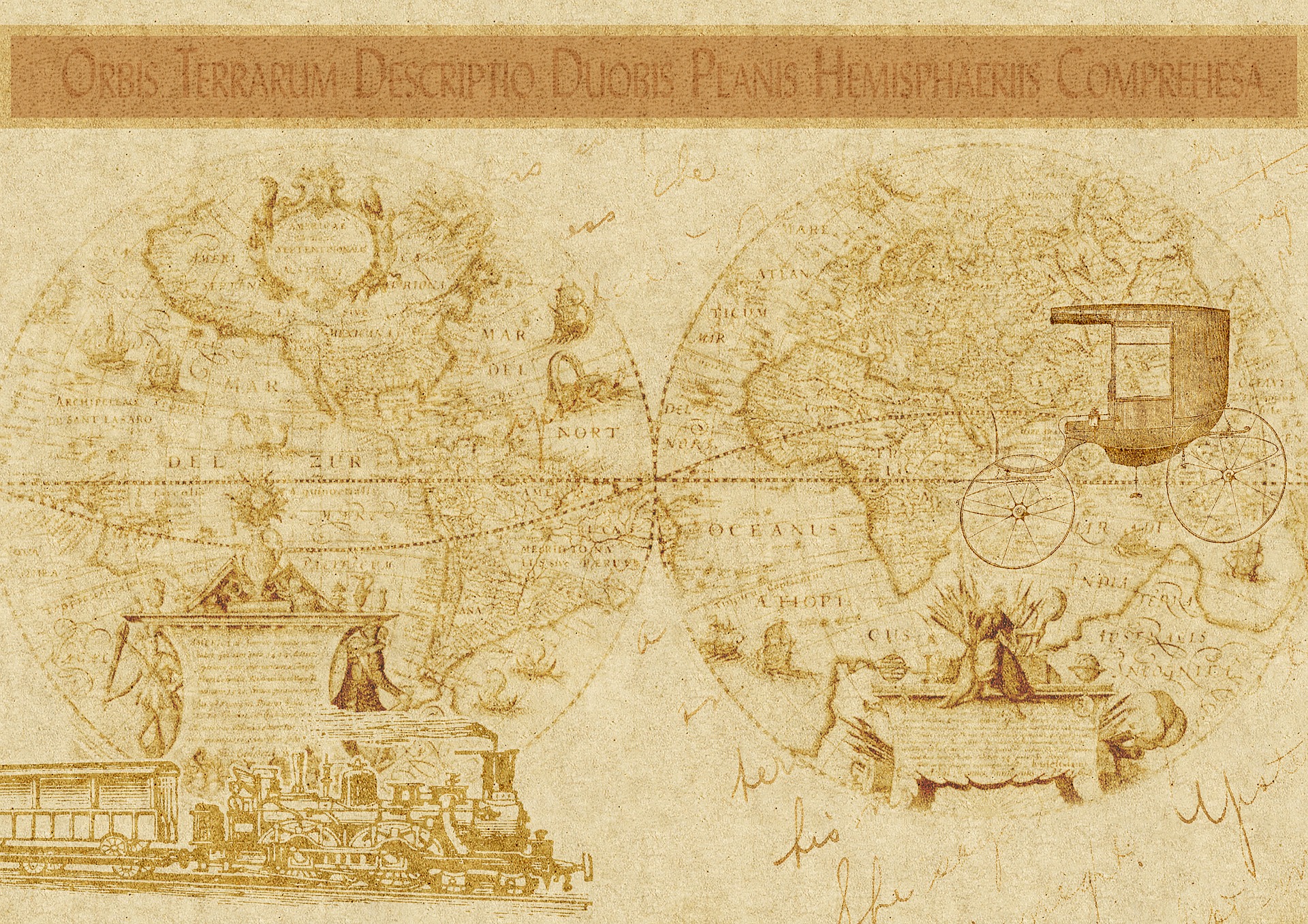【Report】The seventh session of the Global Studies Seminar series “Challenges in Global Studies” “The Significance, Potential and Difficulty of Research in World History/Global History.”

Speaker: HANEDA Masashi (Director of Tokyo College, the University of Tokyo)
Moderator: DATE Kiyonobu (Department of Area Studies, the Graduate School of Arts and Sciences)
Discussant: TANABE Akio (Department of Interdisciplinary Cultural Studies, the Graduate School of Arts and Sciences)
KOKUBUN Koichiro (Department of Interdisciplinary Cultural Studies, the Graduate School of Arts and Sciences)
To learn more about the Global Studies Seminar series “Challenges in Global Studies,” click here.
【Report】
The seventh session of the Global Studies Seminar series “Challenges in Global Studies” took place on Tuesday, November 17th, 2020. Professor HANEDA Masashi (Director of Tokyo College, the University of Tokyo) gave a lecture titled “The Significance, Potential and Difficulty of Research in World History/Global History.”
The lecture revolved around Haneda’s two recent books, Toward Creation of a New World History published in 2018 and Gurōbaruka to Sekaishi (Globalization and World History) published in 2018. Haneda began by referring to the narratives of world history traditionally adopted in Japan as being predominantly Euro-centric, more or less based on the late twentieth-century view of the world. These narratives take regions as the primary units of history, and world history is seen as the aggregate of different regional histories in which Japan is separated from the rest of the world. Furthermore, these narratives tend to describe history from a Western perspective, emphasizing the pervasive influences of Europe on other cultures. Such narratives of world history, Haneda claims, have resulted in the Japanese embracing a stark sense of belonging, encouraging them to perceive other regions as their “other.”
In Haneda’s view, such understanding of world history falls short of achieving global cooperation, ever strongly called for in today’s world. It is only by conceiving our planet earth as the common and public space of humanity, with its residents possessing a sense of belonging as “inhabitants of the earth” and striving to construct a “history of the inhabitants of the earth,” that new global threats such as the current pandemic can be adequately dealt with. It is also important that we place Japan in the global context, and interpret and narrate its history within such broader framework. In order to do so, Haneda suggested, we move away from understanding world history as being vertically compartmentalized into different regions and investigating the chronological continuity within each region, but should project different regional histories onto a global map in which horizontal links and ties between them can be found.
Haneda further expounded on the different conceptions of “world history” around the world by introducing his overseas research experiences such as in Iran. When translating his work on “world history” into foreign languages, he was made aware of the subtle differences that lay between “sekai shi” in Japanese and “world history” in English as well as “shijie-shi (世界史)” in Chinese. Each language shapes a distinct system of knowledge, according to which “world history” could convey significantly different meanings. We must not privilege one conception over the other (particularly that in English over those in other languages) but take into account regional diversity, and acknowledge different interpretations of history across different languages. It is therefore essential that we make an ongoing effort to engage in thorough and intensive discussions, aiming at further appreciating each others’ perspectives and cultural backgrounds. Haneda holds the view that for developing a “new world history,” it is indispensable that we begin using the term “global history” in Japanese.
Haneda concluded his talk by proposing that we conceive “history” not as “world history” but as the common past of the whole humanity. We therefore should reinterpret Japan’s past beyond its national boundaries and see it as constituting a part of global history. While it is easy to confine our imaginative boundaries to the framework of the nation state, which itself is important in retaining our national consciousness, what is urgently called for is to nurture a sense of belonging as “inhabitants of the earth.” It is the task of academics to endeavor in this direction and promote such perspective.
Haneda’s talk was enthusiastically received by a number of questions, some centering on how the idea of “new world history” could be more broadly taken up in public and integrated into general discourse. A lively discussion with the floor and the discussants followed.
【YOKOYAMA Yuta (Graduate Student at the Graduate School of Arts and Sciences)】
【translated by ELLIS Naomi (Ph.D. Student at the University of California, Los Angeles)】
